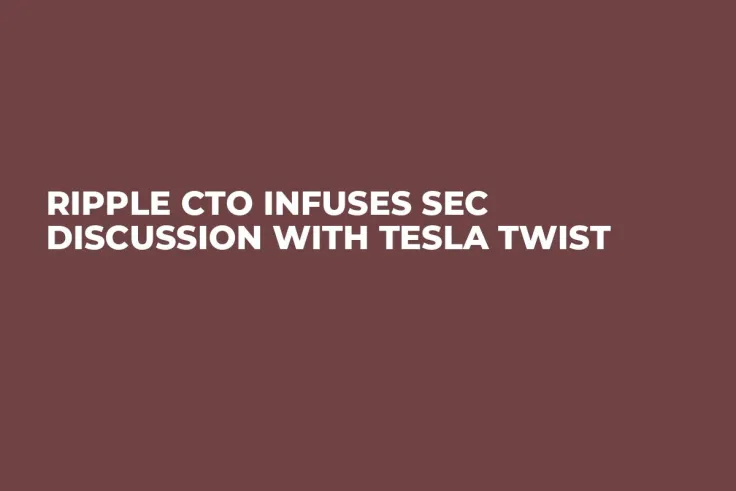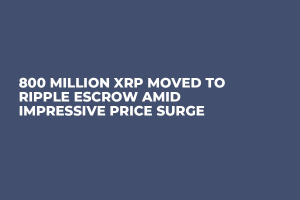
In a recent social media post, David Schwartz, Chief Technology Officer (CTO) of Ripple, took a cheeky swipe at the U.S. Securities and Exchange Commission (SEC) over Elon Musk's Tesla debacle. In his tweet, Schwartz poked fun at the SEC's approach to determining securities, leveraging Musk's recent comment about Tesla's value surge.
The Ripple CTO's jest revolved around the notion of Tesla's expected value increase, contrasting it with the SEC's criteria for identifying unregistered securities. Schwartz humorously questioned why Tesla's situation would not fall under the SEC's scrutiny given the company's supposed anticipation of profitability.
Schwartz's joke, however lighthearted, taps into a deeper legal context. He references the Howey test, a framework established by the U.S. Supreme Court to determine the classification of investment contracts. This test evaluates factors such as investment of money, expectation of profits, common enterprise and reliance on others' efforts. It is a crucial tool often invoked in debates surrounding securities regulation.
Ripple, XRP and Howey
Interestingly, the Howey test holds particular significance for Schwartz and his involvement with Ripple, a company embroiled in legal disputes with the SEC over the classification of cryptocurrency XRP. The SEC has argued that XRP meets the criteria of a security, leading to legal actions against Ripple and its executives.
Schwartz's subtle dig at the SEC cleverly intertwines current events involving Tesla and broader regulatory issues faced by the cryptocurrency industry. As debates over securities regulation continue to evolve, Schwartz's humorous take serves as a reminder of the intersecting worlds of finance, technology and regulation.

 Vladislav Sopov
Vladislav Sopov Dan Burgin
Dan Burgin